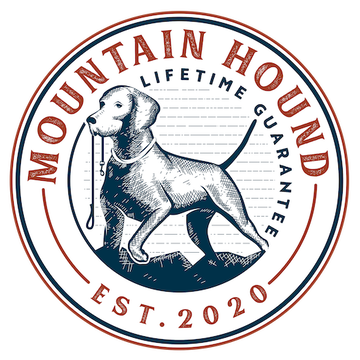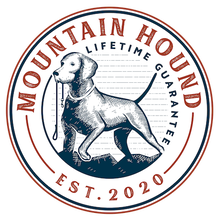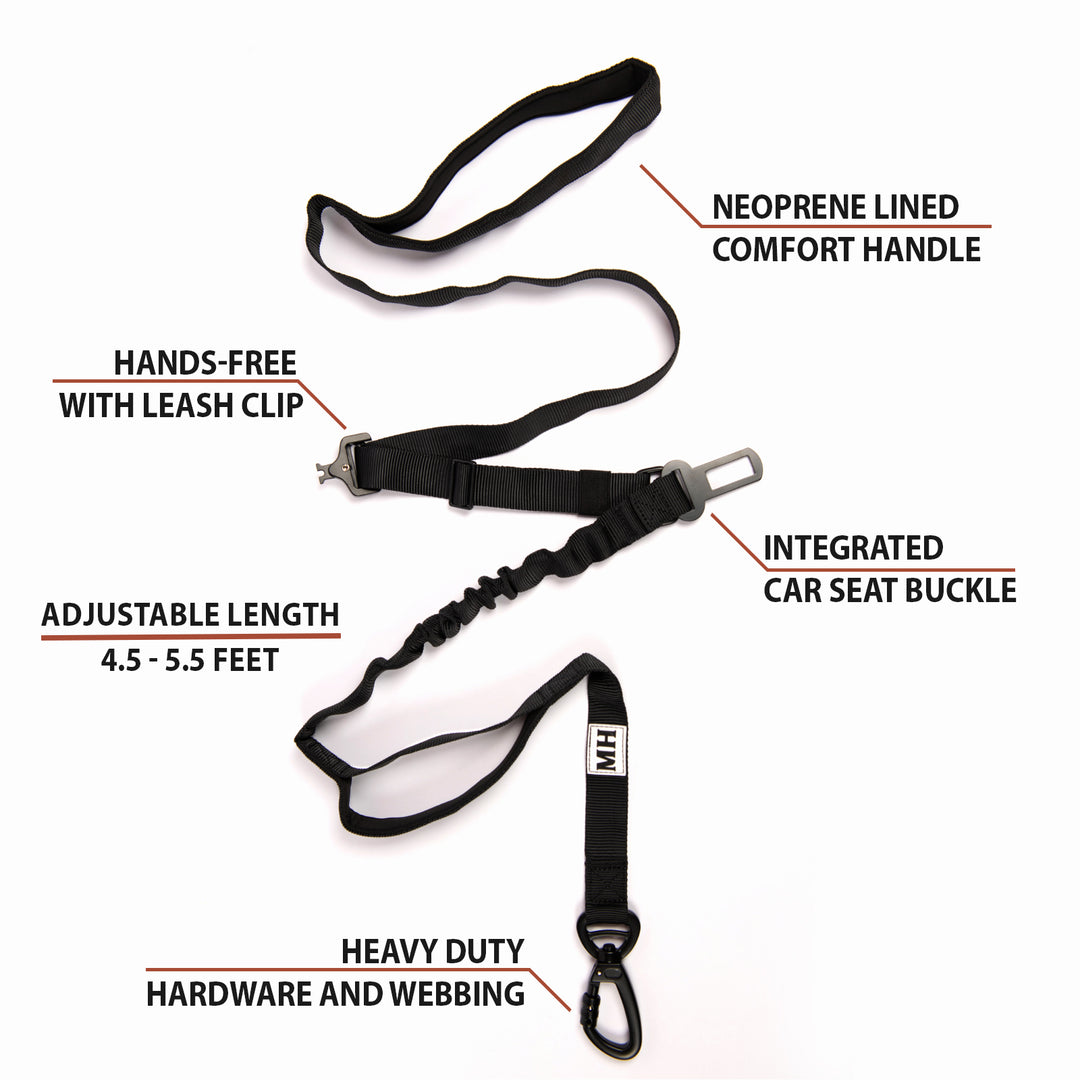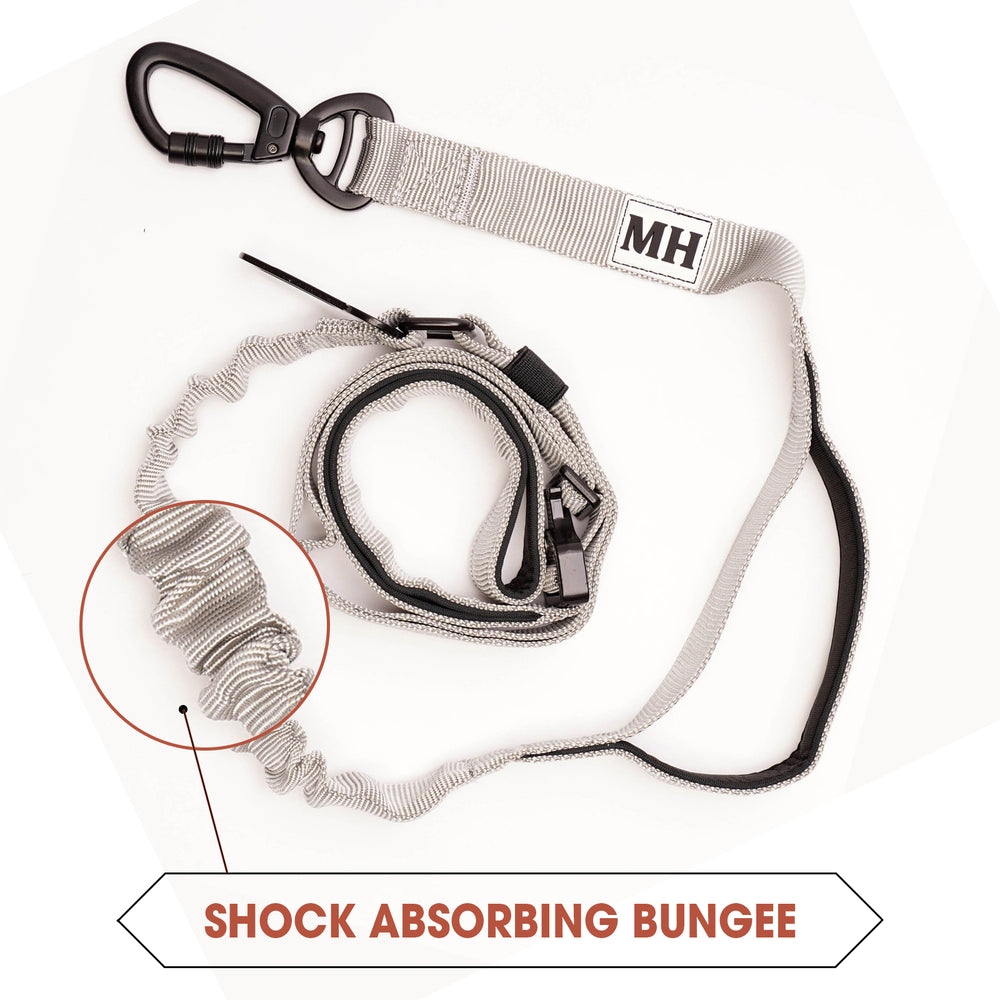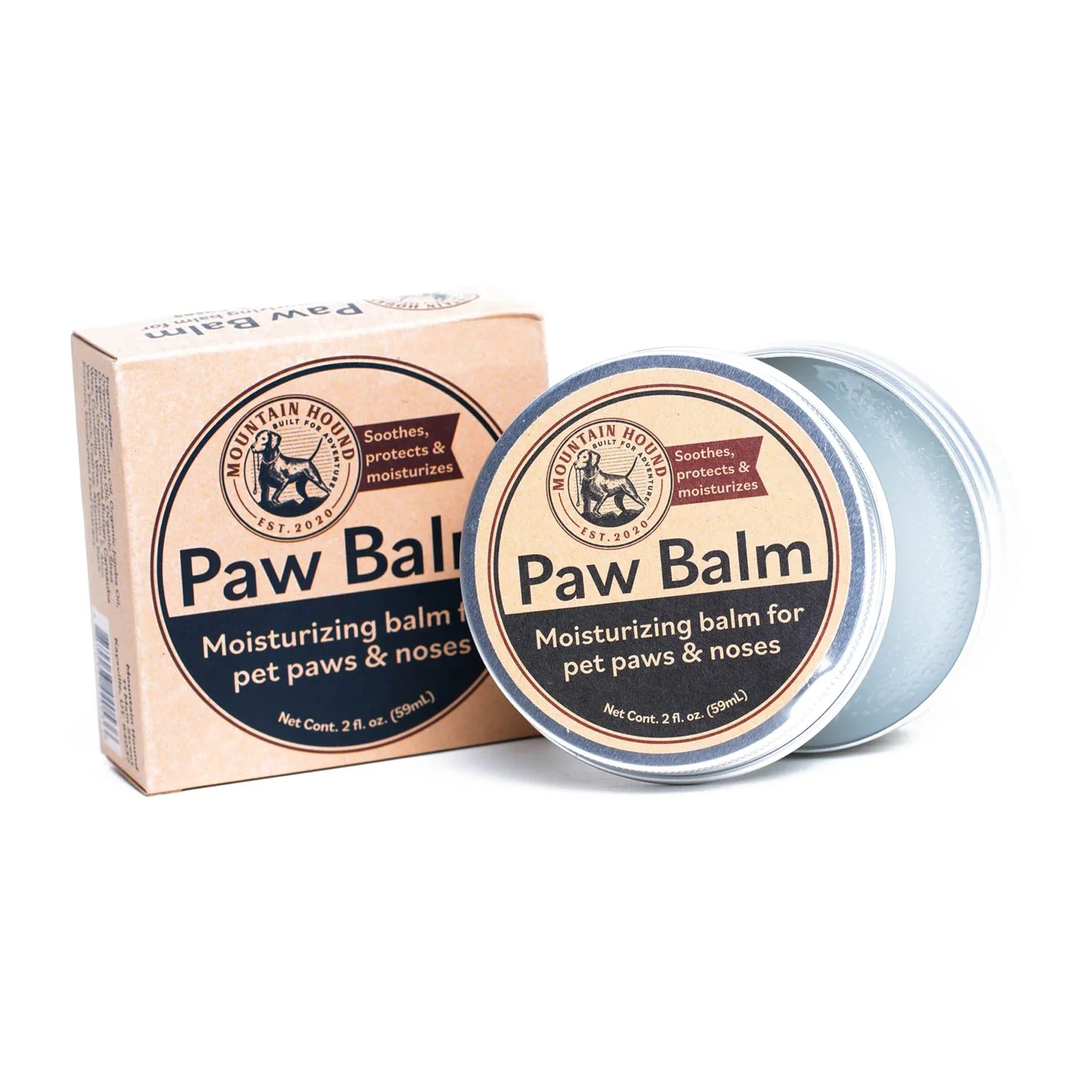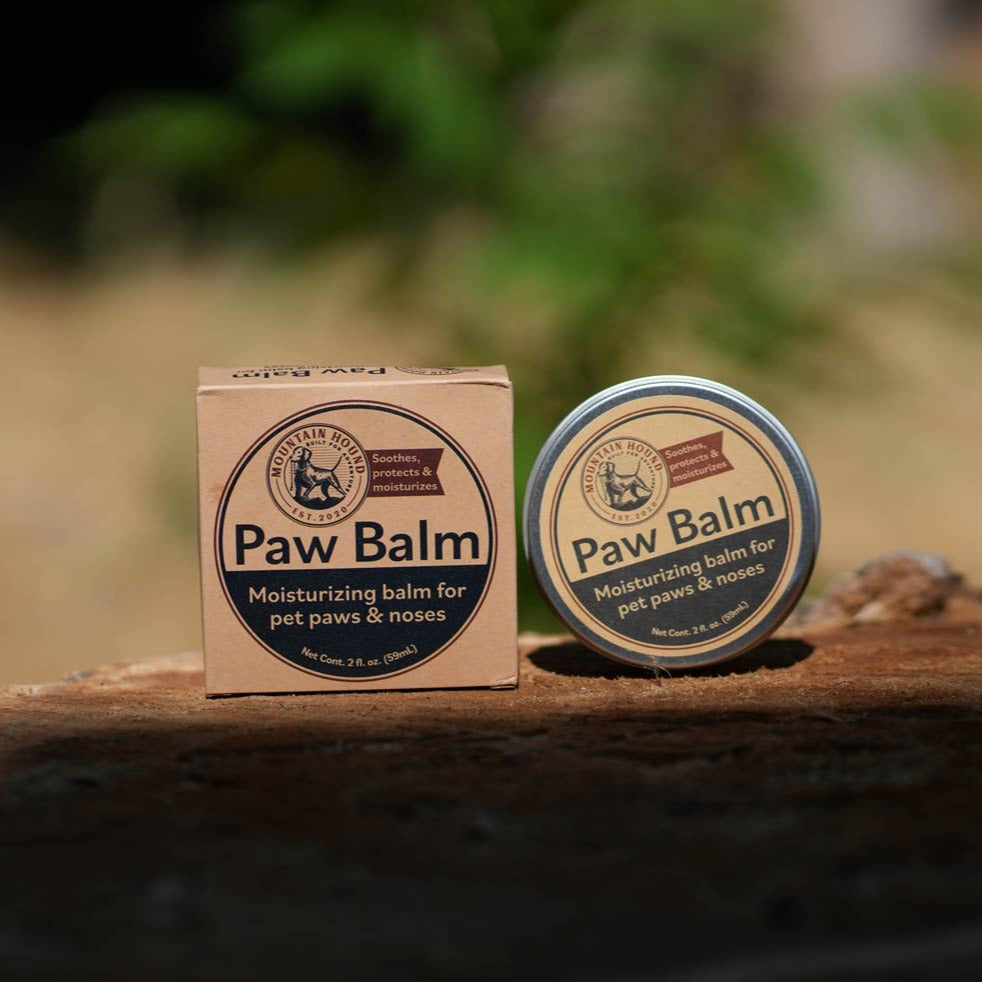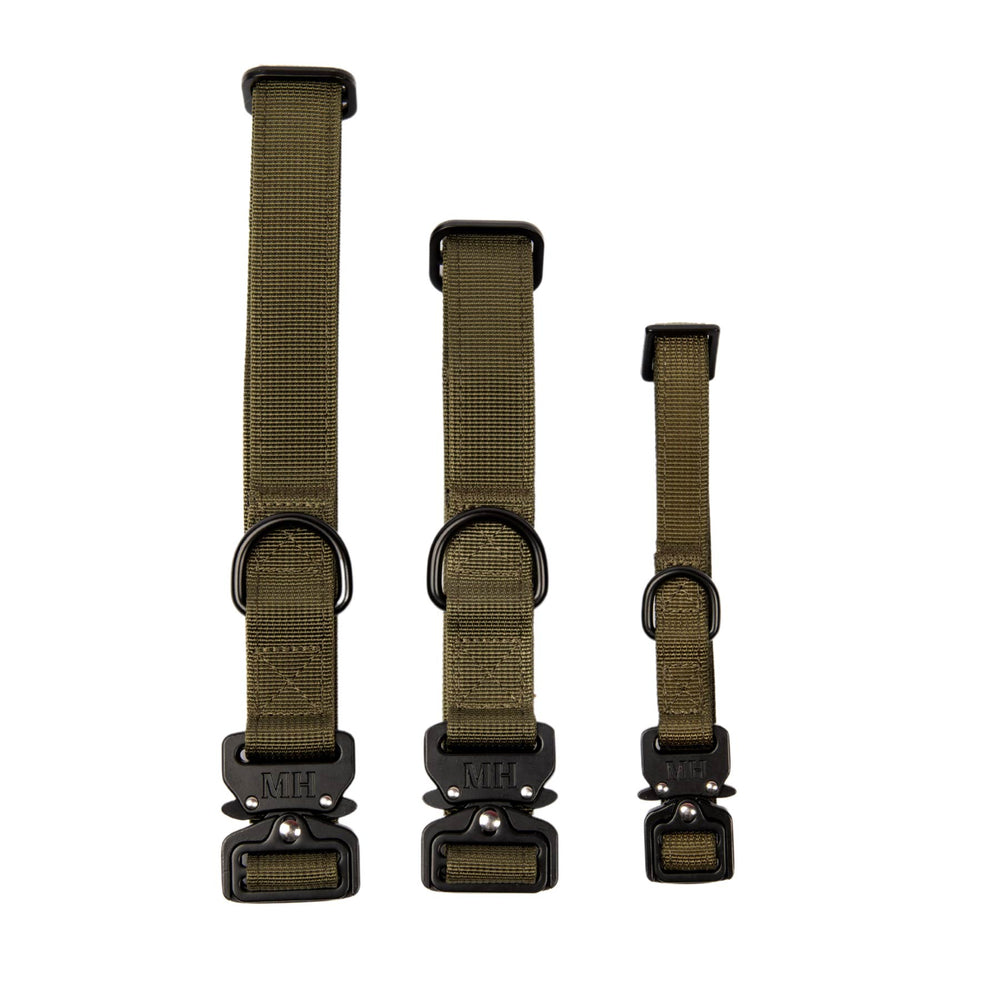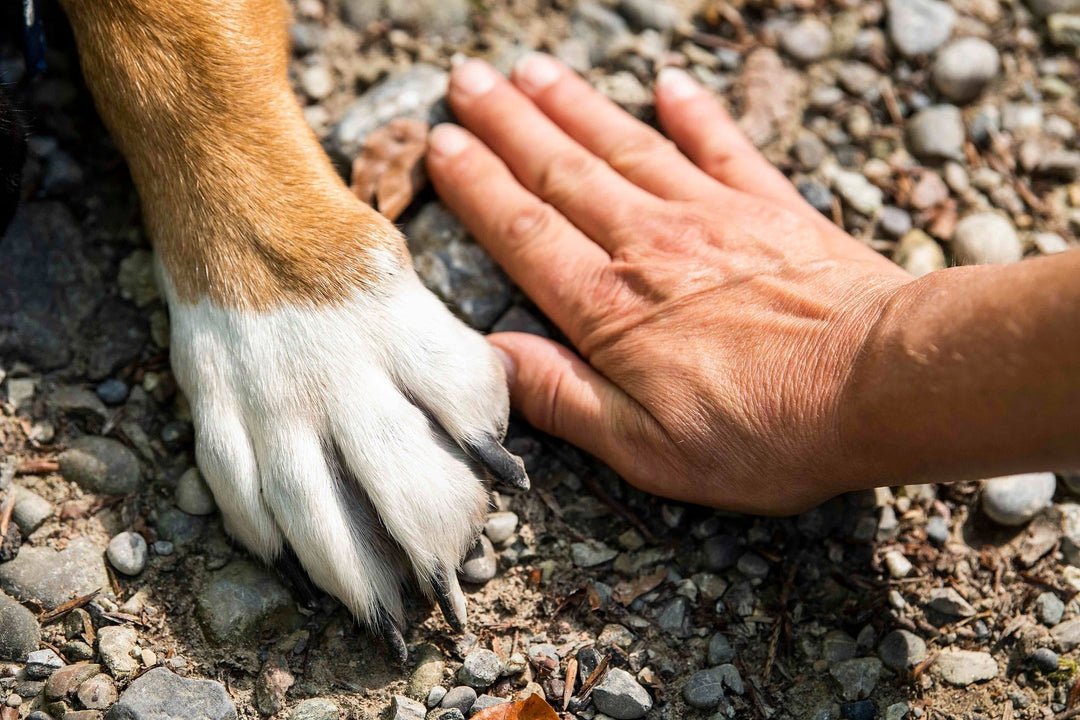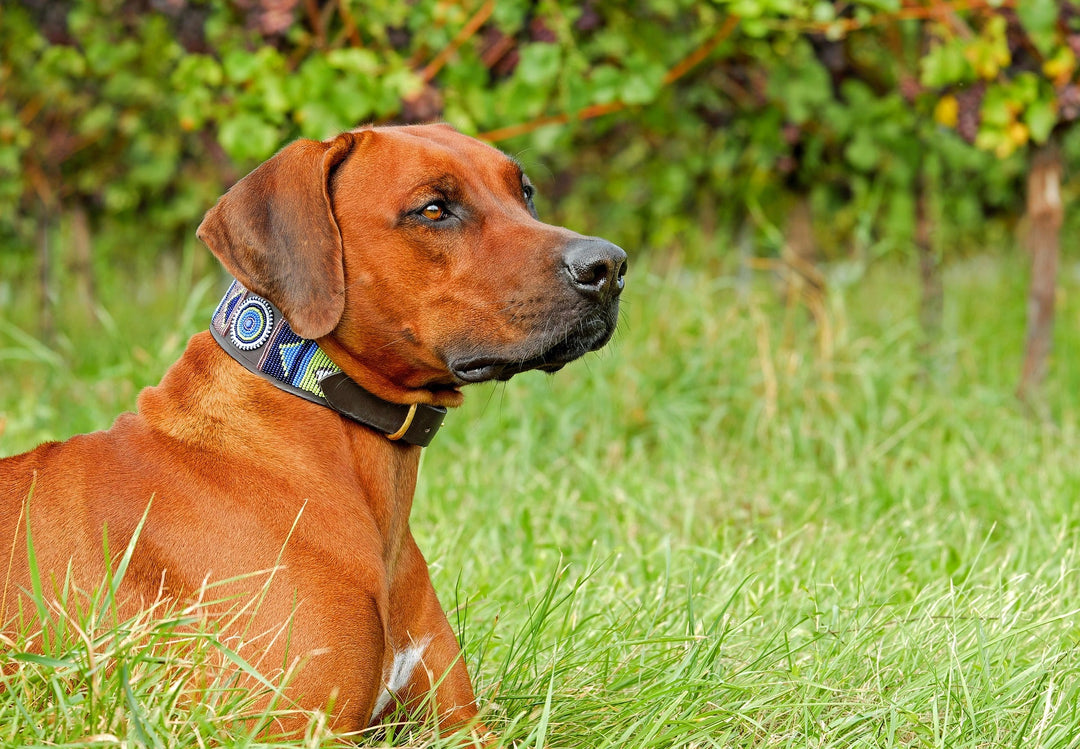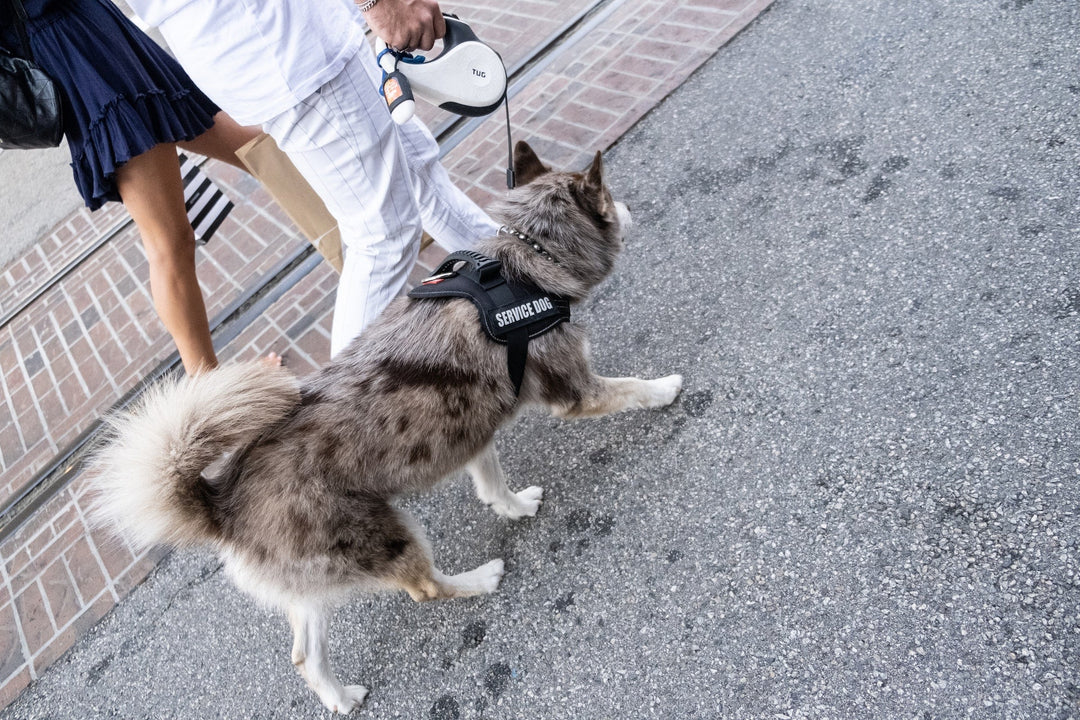Is Your Hounds Nose The Key To Their Health?
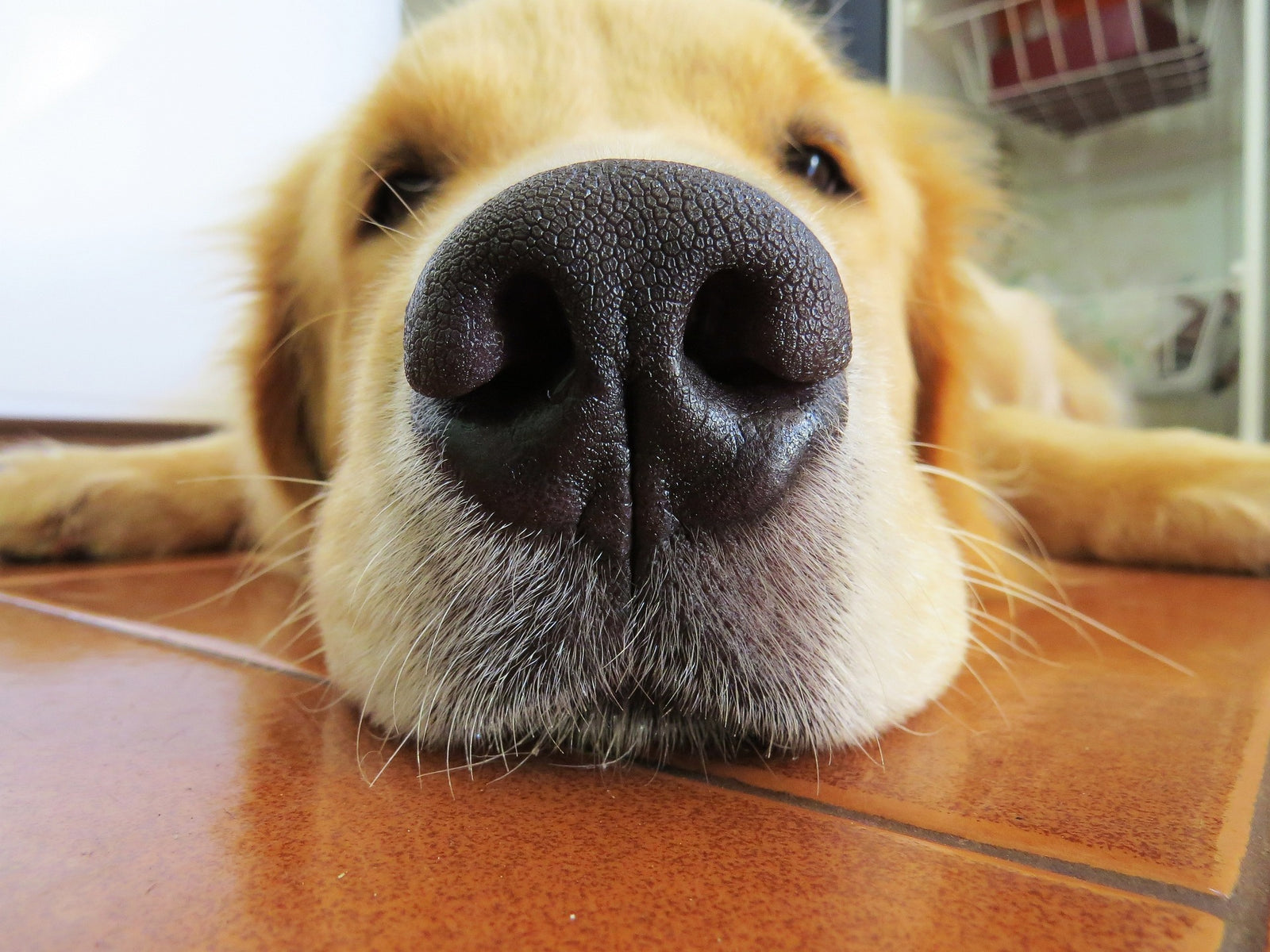
Keeping a close eye on your furry companion’s diet, exercise, and overall behavior is paramount as a responsible pet parent. But have you ever considered what does your dog’s nose say about their health? Dogs are known for their incredible sense of smell, and their noses are more than just a tool for sniffing out treats. The nose can reveal more about dog health than you might think, thanks to its close links to the respiratory and immune systems.
In today’s Mountain Hound blog post, we’ll explore dog noses and what they can tell you about dog health and their overall well-being.
The Remarkable Dog Nose
With around 300 million scent receptors in their noses, a dog’s sense of smell is nothing short of extraordinary. Unlike humans, dogs can detect scents at incredibly low concentrations. This incredible olfactory ability also plays a vital role in assessing a dog’s health.
What Does Your Dog’s Nose Say About Their Health?
While it’s essential to note that individual variations exist, here are some general insights into what your dog’s nose might indicate:
Moistness and Texture
A moist nose is often considered a sign of good health. It’s not uncommon for the moisture to vary between wet and dry throughout the day. However, if your dog’s nose is consistently dry, it could indicate dehydration. Be sure to provide access to fresh water at all times.
Color Changes
Your dog’s nose color can provide insights into their health. A healthy dog usually has a nose color that’s typical for their breed. Sudden changes in color, such as a pale or white nose, might indicate anemia or circulation issues. A darker or reddish nose could be a sign of inflammation or allergies.
Crustiness and Discharge
If your dog’s nose becomes crusty, cracked, or has an unusual discharge, it could indicate an underlying issue. Skin conditions, infections, allergies, or autoimmune disorders might be at play. Regularly check your dog’s nose for any changes in its condition.
Scent Aversion
Dogs are naturally curious and rely on their sense of smell to explore the world, with studies revealing that the sense of smell is connected to vision. If your dog suddenly loses interest in smelling things they previously found intriguing or experiences a decreased appetite, it might signal an underlying respiratory infection or health problem.
Snoring and Breathing Changes
If your dog’s nose appears stuffy or they start snoring excessively, it could be due to nasal congestion or other respiratory issues. These changes might impact their overall comfort and well-being.
Caring for the Nose to Maintain Dog Health
Here are some tips to help you care for your dog's nose:
Keep it Moisturized
While a wet nose isn't always an indicator of good health, preventing excessive dryness is essential. If your dog's nose is consistently dry, consider using a veterinarian-approved, pet-safe nose balm or moisturizer to prevent cracking and discomfort.
Provide Proper Nutrition and Hydration
A balanced diet and access to clean, fresh water are crucial for maintaining your dog's overall health, including the health of the nose. Proper nutrition supports the skin and immune system, which in turn can help keep the nose healthy.
Regular Cleaning
Gently wipe your dog's nose with a damp cloth to remove dirt and debris. Be sure to use a soft cloth and avoid any harsh chemicals that could irritate their sensitive skin.
Inspect for Changes
Routinely examine your dog's nose for color, texture, or condition changes. Look out for signs of crustiness, cracking, discharge, or abnormalities. Early detection of any changes can help address potential issues promptly.
Allergy Management
If your dog is prone to allergies, they might experience nasal discomfort. Work with your veterinarian to identify and manage potential allergens to prevent nasal irritation and other allergic reactions.
Regular Veterinary Check-ups
Include your dog's nose in their routine veterinary check-ups. Your vet can assess your dog's overall health, including their nose, and address any concerns you might have.
Final Thoughts
Your dog's nose can provide valuable insights into their overall health. While observing their nose can give you some indications, it's important to remember that these signs should not be used as a sole diagnostic tool. Regular veterinary check-ups, proper nutrition, hydration, and attention to changes in behavior are essential for maintaining your furry friend's well-being.
